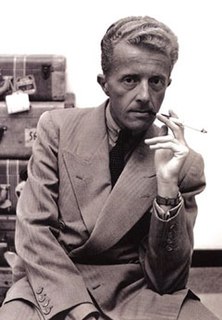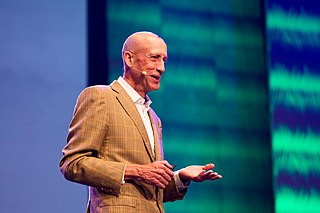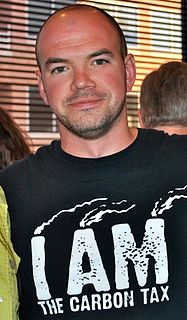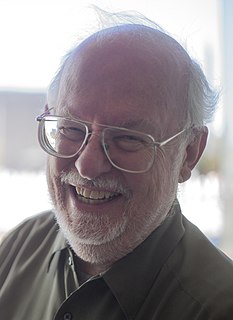A Quote by Daniel Gilbert
Everyone who has observed human behavior for more than thirty continuous seconds seems to have noticed that people are strongly, perhaps even primarily, perhaps even single-mindedly, motivated to feel happy.
Related Quotes
Because we don't know when we will die, we get to think of life as an inexhaustible well. Yet everything happens only a certain number of times, and a very small number really. How many more times will you remember a certain afternoon of your childhood, an afternoon that is so deeply a part of your being that you can't even conceive of your life without it? Perhaps four or five times more, perhaps not even that. How many more times will you watch the full moon rise? Perhaps 20. And yet it all seems limitless.
I think poetry can be a kind of secular way in which people can be led to approach the difficult parts of their life, where there's been loss, where there's sadness of a deep kind. If poetry can help people to be more at ease in expressing even to themselves a lot of the darkness and pain of ordinary human existence, then it's serving some kind of cultural role, perhaps more than a cultural role, perhaps it is serving something of a spiritual role.
One possible future for WikiLeaks is to morph into a gigantic media intermediary - perhaps, even something of a clearing house for investigative reporting - where even low-level leaks would be matched with the appropriate journalists to pursue and report on them and, perhaps, even with appropriate NGOs to advocate on their causes.
The inferiority of photographs to the best works of artists, so far as resemblance is concerned, lies in their catching no more than a single expression. If many photographs of a person were taken at different times, perhaps even years apart, their composite would possess that in which a single photograph is deficient.






































